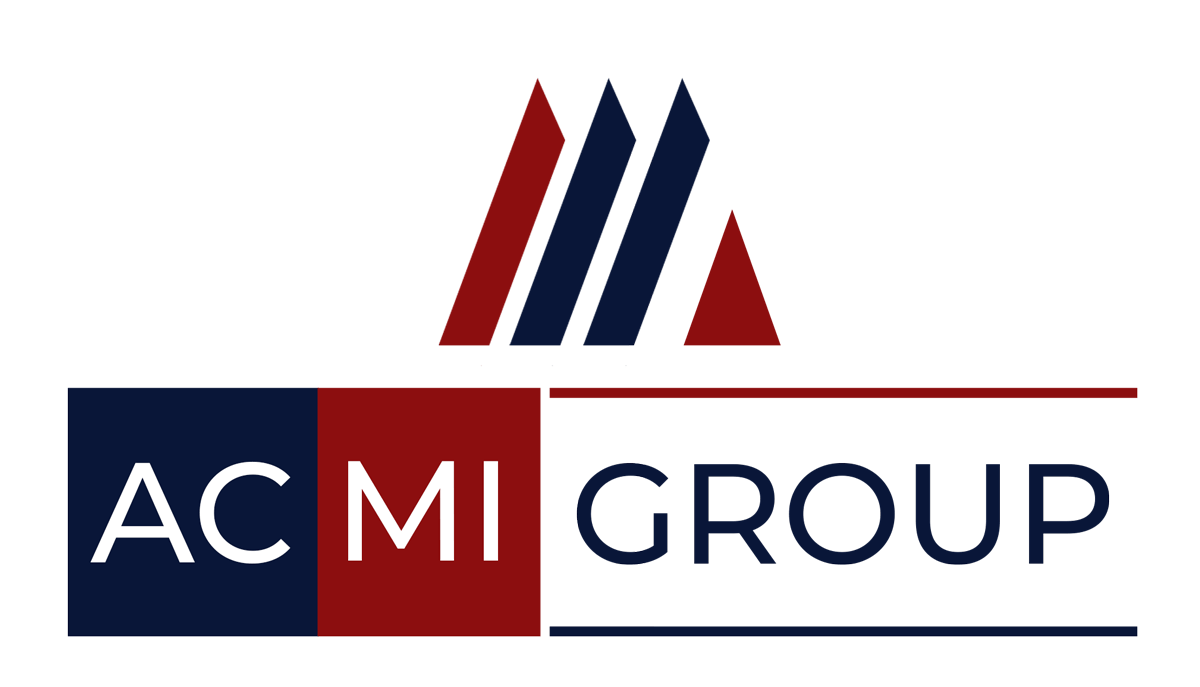Address
No 09-5/1, Station Road, Colombo 04, Sri Lanka
Work Hours
Monday to Friday: 8.30 AM - 5 PM

If you are considering setting up a business in Sri Lanka as an expatriate or a foreign company, it is imperative that you understand the regulations set forth by the Sri Lanka Board of Investment and how to register a BOI certified organization. We understand that the process can be challenging, and we are here to help. In this article, we aim to guide you through the benefits of operating under the BOI certification and offer a comprehensive guide on the requirements to establish a BOI certified company in Sri Lanka. Updated – June 2024
The Board of Investment of Sri Lanka, often referred to as BOI Sri Lanka, stands as the foremost authority responsible for sanctioning Foreign Direct Investments (FDI) and Local Investments within the nation. Governed by the Board of Investment Law No. 4 of 1978 (BOI Law) and its subsequent amendments, this institution, initially established in 1978 as the ‘Greater Colombo Economic Commission,’ now oversees a portfolio exceeding 1700 projects. Its suite of services for investors encompasses Import/Export Facilitation, Industrial Labor Relations, Legal Services, Engineering Approvals, and Environmental Clearances, among others.
In essence, BOI Sri Lanka serves as the gateway for all foreign investments, necessitating approval for commencing business operations within Sri Lanka.
Learn more about them here
The BOI Act of Sri Lanka primarily refers to the Board of Investment Law No. 4 of 1978 (BOI Law). However, this legislation has undergone six amendments, each of which plays a crucial role in the legal framework underpinning BOI’s operations:
Collectively, these enactments form the legal scaffold upon which BOI operates. Nonetheless, investors must also adhere to a multitude of other acts and regulations when either applying for BOI registration or conducting business activities in Sri Lanka. Some of the noteworthy ones include:
Finance Act No. 12 of 2022 (Hub Operations): This legislation aims to position Sri Lanka as a trading hub, primarily addressing trading and service activities. It lays the foundation for transactions in convertible foreign currencies, free ports, and bonded areas.
Inland Revenue Act No. 10 of 2021: This pivotal act governs taxation in Sri Lanka, applying to both foreign and domestic investors. It delineates corporate income tax rates and exemptions in specific sectors, including SMEs, exports, education, tourism, construction, healthcare services, and agro-processing.
Strategic Development Projects Act No. 14 of 2008: This act centers on projects of national interest, characterized by their potential public benefit, substantial foreign exchange influx, employment generation, technological transformation, and eligibility for specific tax reliefs.
Foreign Exchange Act No. 12 of 2017: This legislation replaced the Exchange Control Act and ushered in a more liberalized exchange regime. It facilitates direct dealings between investors and their preferred banks, encouraging the free flow of transfers through Inward Investment (IWS) accounts and Outward Investment Accounts.
Additionally, there are restrictions and exclusions that must be observed by foreign residents investing in Sri Lanka, particularly in certain business sectors. Notably:
Numerous terms are interchangeably employed to describe companies that have successfully navigated the BOI approval process in Sri Lanka. Whether referred to as a BOI company, BOI registered company, BOI approved company, or BOI approved project, they all denote one fundamental achievement—meeting the requisite criteria for establishing business operations within Sri Lanka.
In the fiscal domain, BOI-registered companies enjoy a myriad of advantages:
Enhanced Capital Allowance – Businesses that invest over 3 Million USD in depreciable assets are entitled to capital allowance enhancements ranging from 100% to a remarkable 150% in addition to the normal depreciation.
Special Provisions for Northern Province – For projects located in the Northern Province, BOI extends a particularly enticing incentive—an enhanced capital allowance of 200%, again, in addition to the usual depreciation.
Reduced Corporate Income Tax Rates – Select sectors benefit from reduced corporate income tax rates, ranging from 14% to 18%, offering a competitive edge to businesses operating in these areas.
Zero Corporate Income Tax – A boon for Agro Farming, Information Technology, enabling services, and export of services, where companies enjoy a refreshing exemption from corporate income tax.
Dividend Tax Exemptions – Dividends received by shareholders of BOI-registered companies are often tax-exempt.
Port and Airport Levy Exemptions – Companies within BOI’s purview enjoy exemptions from Port and Airport Levies, further streamlining their operations.
CESS Exemptions – CESS, also known as Central Environmental Surcharge is a levy imposed on certain imported goods in Sri Lanka to fund environmental conservation and sustainability efforts The importation of capital goods, raw materials, and Tourism projects is greeted with CESS exemptions, alleviating cost burdens.
Value Added Tax (VAT) Exemptions and Deferments – BOI-registered entities can navigate VAT exemptions and deferments, optimizing cash flow management.
Custom Duty Exemptions – Customs duties are often waived for BOI-approved projects, bolstering cost-efficiency.
2. Non-fiscal Incentives
Beyond fiscal perks, BOI registration opens doors to non-fiscal incentives:
100% Foreign Equity and Earnings Repatriation – Companies enjoy full foreign equity ownership and the ability to repatriate earnings, fostering a conducive environment for international investment.
Access to BOI Zones – BOI Zones offer unique advantages, including infrastructure and logistical support, to amplify business operations.
Investor Services – BOI extends vital services such as engineering approvals and facilitation for export/import documentation, streamlining project implementation.
Visa Facilitation – BOI assists with expatriate entry visas, residence visas, temporary visas, and visa extensions, simplifying the process for foreign investors.
Understanding the BOI Sri Lanka Minimum Investment:
For those contemplating investment under the aegis of BOI Sri Lanka, the minimum investment threshold stands at US$ 250,000, qualifying as a Section 16 project. However, noteworthy concessions are available for investments exceeding USD 3 million, categorized as Section 17 projects.
BOI Guidelines for Section 17 Projects
Section 17 projects boasting investments starting from US$ 3 million upwards enjoy a bouquet of incentives. These include corporate tax concessions, customs duty-free importation of capital goods and raw materials, along with exemptions from the exchange control act. Moreover, Section 17 projects may also ascend to the status of a Strategic Development Project, potentially unlocking tax exemptions for a maximum duration of 25 years.
BOI Guidelines for Section 16 Projects
Projects under Section 16 adhere to a minimum investment requirement of US$ 250,000. This investment can take the form of either 100% foreign investment or a joint venture with local collaboration. Notably, trading activities mandate a minimum remittance of US$ 5 million.
Section 16 projects, while not benefiting from fiscal concessions, operate within the framework of Sri Lanka’s laws, customs regulations, and exchange control provisions. Approvals under this section are primarily granted to facilitate foreign investment entry, establish new companies with foreign shareholding, or facilitate the transfer or issuance of new shares in existing non-BOI companies to foreign investors.
Phase 1 – Submitting the BOI Sri Lanka Application and Getting Initial Approval
Before diving into the intricacies of the application process, it’s essential to determine whether you are seeking approval for a Section 16 or a Section 17 project. This decision impacts the types of applications you need to submit.
BOI Section 17 Application: If your investment is less than US $25 Mn, the application fee is US $200 +15% VAT. For investments exceeding US $ 25 Mn, the fee is 0.01% of the proposed investment+15% VAT.
BOI Section 16 Application: This category requires a fee of US $ 200 +15% VAT.
Both applications necessitate specific documents, such as the Draft Articles of Association of the Company, shareholder information, director details, and proof of inward remittance and bank credentials of the proposed investors. If you’re applying on behalf of shareholders, you must include a letter of authority.
Once your application is submitted, the Project Screening Committee of the BOI assesses it. If you meet the criteria, you’ll receive approval, including environmental and engineering clearance, as well as approval for land allocation in BOI/Zone lands. The Appraisals department of the BOI will issue an Acknowledgment of Business Activity letter, and you’ll be assigned a project officer to guide you through the next steps.
Phase 2 – Incorporation of the Company and Formal Approval
Upon receiving the Acknowledgment of Business Activity letter, you can proceed with registering your company in Sri Lanka. For guidance on this process, you can refer to our quick guide here
During this phase, you’ll need to secure approvals for various aspects of your project, including project activity, site clearance, sourcing of raw materials, and import/export licenses. Site approval through the Engineering Approvals Department of BOI, along with environmental clearance, is also crucial.
Once you obtain these approvals, you’ll receive a formal approval letter. Following this, you’ll need to obtain Preliminary Planning Clearance for your building and collect the draft agreement.
Phase 3 – Signing Agreement and Commencement of Operations
With all necessary approvals in place, an agreement will be signed between your company and the BOI, outlining the implementation period.
This phase involves several critical steps, including setting up an Inward Investment Account, registering for VAT/TIN, obtaining development permits, and securing utilities like electricity, water, and telecommunication services. You’ll also need to address matters like work permits, residence visas, import/export registrations, and environmental licenses.
Once you successfully complete these processes and obtain the required approvals, your company will be ready to commence commercial operations in Sri Lanka.
The Board of Investment Sri Lanka website, located at https://investsrilanka.com, provides a comprehensive array of online services for both prospective and current investors. These services are designed to facilitate various aspects of investment in Sri Lanka. Here is a list of the key services available on the website:
These services cater to the diverse needs of investors, making the BOI Sri Lanka website an invaluable resource for those interested in investing in the country.
This article presents a comprehensive guide on the steps required for BOI registration. Nevertheless, we recognize that you might prefer expert assistance to navigate this intricate procedure without investing significant time.
At Acmi Group, we have a team of in-house specialists ready to assist you with the BOI Sri Lanka registration process. Whether you seek support for initiating a fresh BOI application or have a pending application, our experts are at your service.
Don’t hesitate to reach out to us today for a free consultation!
Get in touch with us to learn how to setup your business and let us take care of your administrative responsibilities
